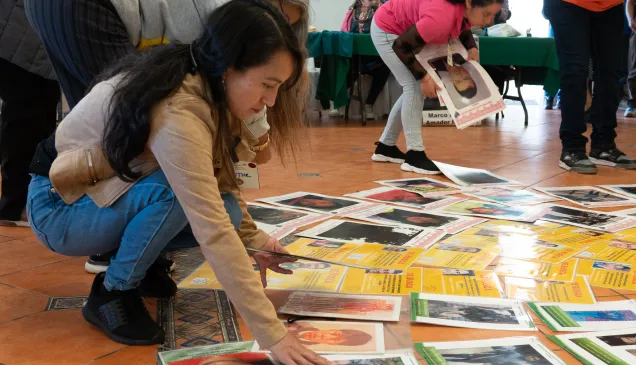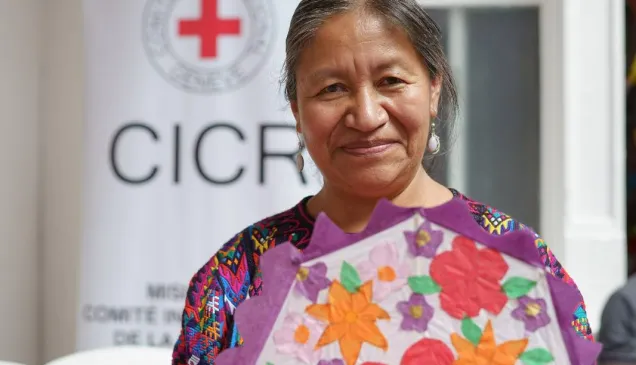In February 2017, relatives of missing people in El Quiché (the department most affected by the violence during the war) were brought together to look at some personal possessions that had been exhumed along with the bones of victims. The Guatemalan Forensic Anthropology Foundation hoped that they might recognize the possessions and help identify the remains.
The ICRC later provided support for the ceremony to bury the remains.
Guatemala: Belongings provide answers to families of the missing
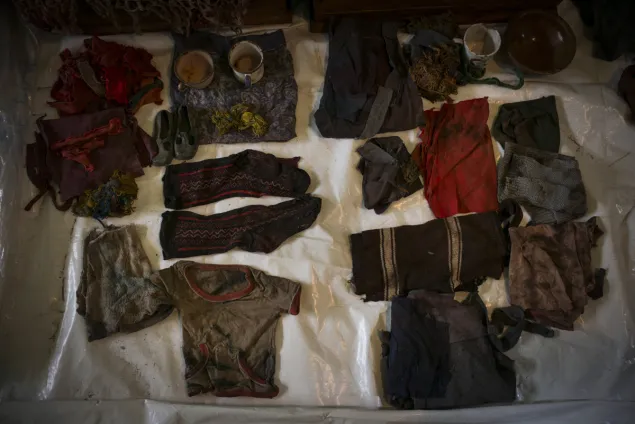
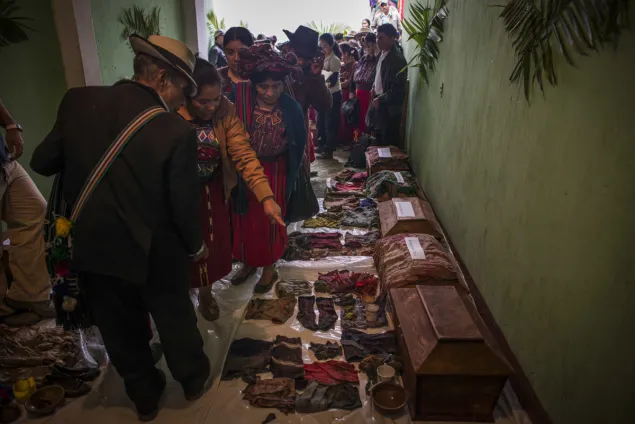
Among those present was Feliciana, who, ever since the exhumation in 2007, had been convinced her son’s remains were among those that had not been identified. She was right: among the items laid out on the floor she recognized clothes belonging to her son, who disappeared more than 35 years ago.
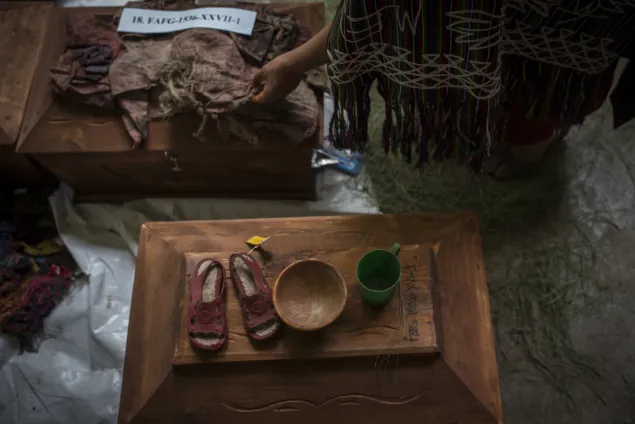
Like her, other family members recognized some of the clothes and objects on display as belonging to their loved ones, mostly women and children.
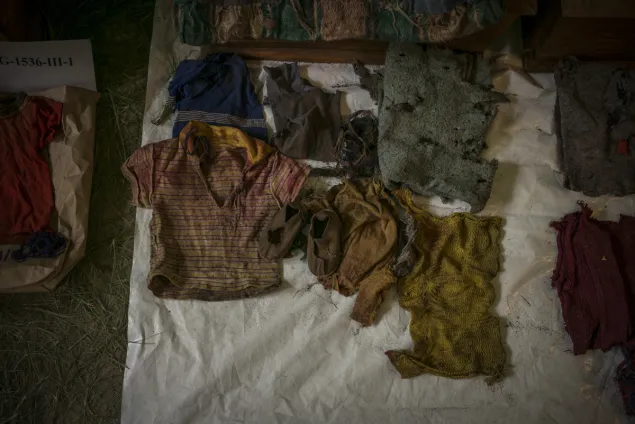
Exhibiting everyday objects is one of the most effective methods of identifying exhumed victims. A simple shirt or shoe can be an important clue.
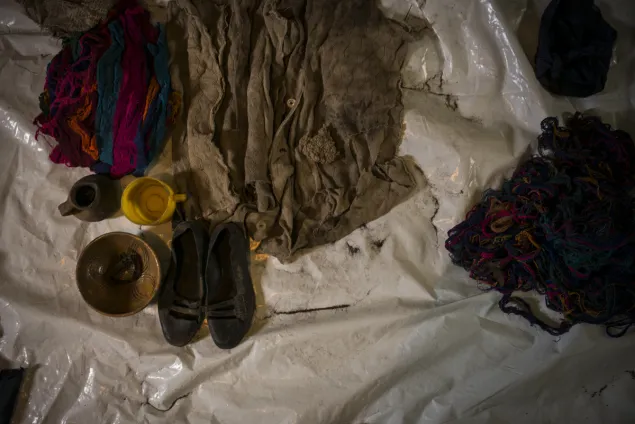
In some cases, displaying clothing has enabled families to identify their loved ones, especially when the DNA in the bones is too deteriorated to yield a sample. This was true of the remains disinterred in Xe'xuxcap, Guatemala.
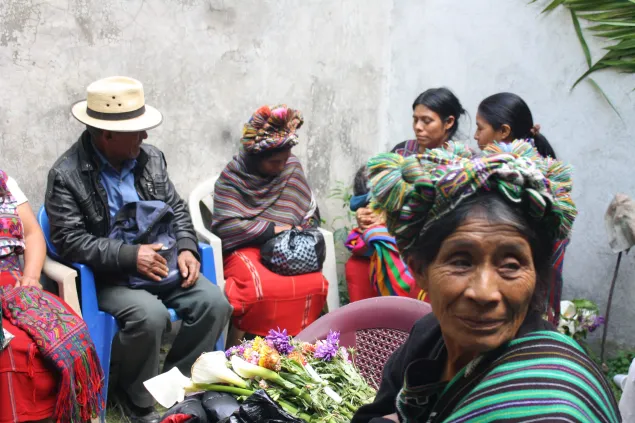
After decades of waiting, Feliciana has finally been able to give her son a proper burial.
Let us not forget the thousands of other family members in Guatemala who hope one day to do the same.
More than 45,000 people disappeared as a result of the decades-long internal armed conflict in Guatemala. Only in Colombia have more people gone missing in the Americas.
So far, over 3,000 people have been found thanks to the work of civil society organizations such as the Guatemalan Forensic Anthropology Foundation. They search for missing people – alive or presumed dead – and exhume, identify and re-bury the remains they find. They also provide support for the families.


